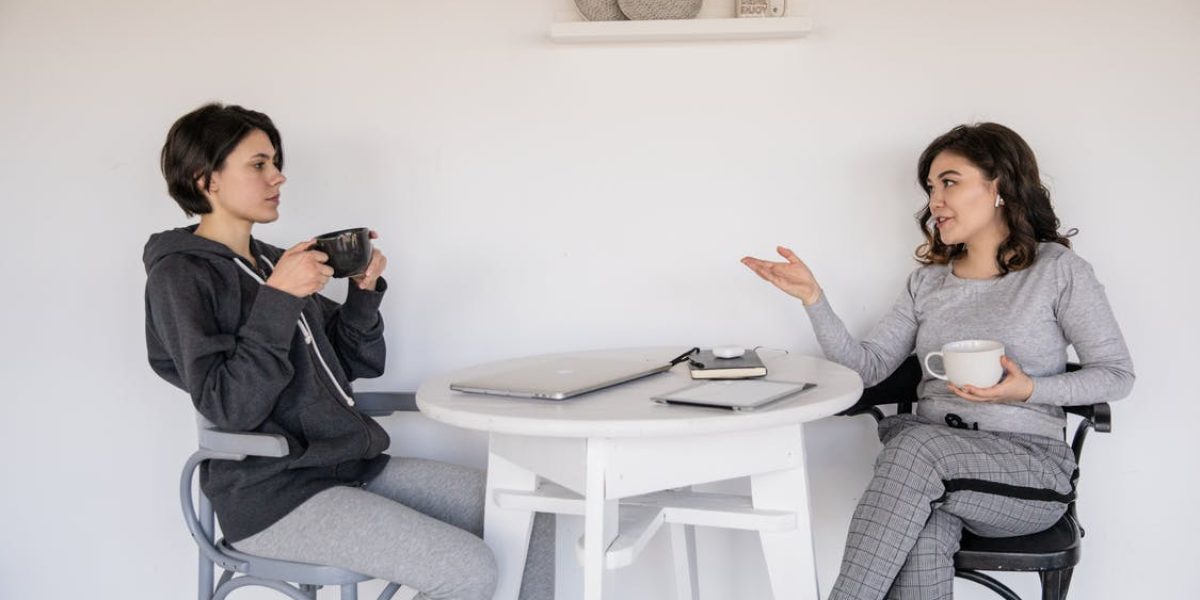The Power of Conversation – Are You Missing Out?
I have been lucky enough to be involved in leading the Financial Services Councils ‘It Starts With Action’ campaign, a 3 month initiative looking to address the gender wealth gap in New Zealand, supporting the financial wellbeing of our wahine. Why?
Because FSC ‘s research shows that over 60% of women worry about money daily, weekly or monthly, with over 80% rating their level of financial wellbeing as moderate, low or very low. My double why being, we have been talking about the challenges that face women in providing for their financial future for far too long, with little change. The time for change must be NOW!
The fact that many of us would rather bare our bodies than our finances is messed up. Yes, it’s true: money inspires more fear, guilt and shame than literally walking into a room naked. With the impact of women’s attitudes towards money felt in everything from mental health statistics to divorce – money is ruling our lives rather than being a tool to help us live the lives we want!
While just like mental health, financial wellbeing is a long term project, there is one easy action we as women can take today. And that’s to have a conversation about it. It’s something we can all do – regardless of age, stage or financial situation.
Harnessing the power
Conversations are a powerful tool, so much more than a simple exchange of information between people. Conversations can be a process to clarify your thinking, an opportunity to learn and understand and can be the spark that inspires change.
So if it’s that important why don’t women have the money conversation? What’s really going on here?
In talking to my own friends and colleagues, it is clear that money is tied to a lot of emotions. Status, power, acceptance, security and vulnerability, all common associations which can create a sense of unease and resistance to talk about money.
‘It’s too personal to talk about money, I feel vulnerable’
‘I don’t understand finances well enough to talk about money’ and for some
‘ I am a professional, I’m supposed to know this stuff!’
The fact that 90% of women will be solely responsible for their finances at some point in their lives – whether from staying single, experiencing divorce or simply living longer than men (yes, on average women live 5 years longer) means we must break this reluctance to talk about money. With the most striking effect of the reluctance to talk about money being the gender pay gap this becomes a matter of urgency. Women need to break the money taboo, developing the confidence to talk about money, including in ensuring pay equity with male colleagues in similar roles, vocalising discrepancies and requiring change, in honouring their own self- worth. The good news is that we have mastered many money skills, in managing day to day budgets, saving more than men for the future and in demonstrating better longer term investment success when we do invest. We are good at this! So, let’s get better at having the money conversation.
The call to action
FSC has created a pack of conversation starter cards to facilitate the money conversation. This is not a quiz or a test of one’s IQ – the questions are fun and non-threatening, designed for stories to be shared, curiosity to be created, with lots of laughs along the way.
Questions include:
Do you ever hide a purchase? (oh dear, all the time I confess – and have for over 30 years!)
Does what you earn affect how you feel?‘
Do you think it’s important to have money set aside for a rainy day?
What would your wallet say to you?
Perfect for sharing over a glass of wine with friends – a safe place to explore your own money story in observing and understanding your attitudes to money.
I put out the challenge. Will you harness the power of the money conversation for the benefit of not only you, but those you care about?
To access a downloadable PDF of the money conversation starter card deck (saving trees), enabling you to easily scroll through the questions on your device with friends, go to fsc.org.nz/it-starts-with-action (Financial Wellbeing for women). There is even a family edition and Te Reo Māori translation.
Give it a go!

